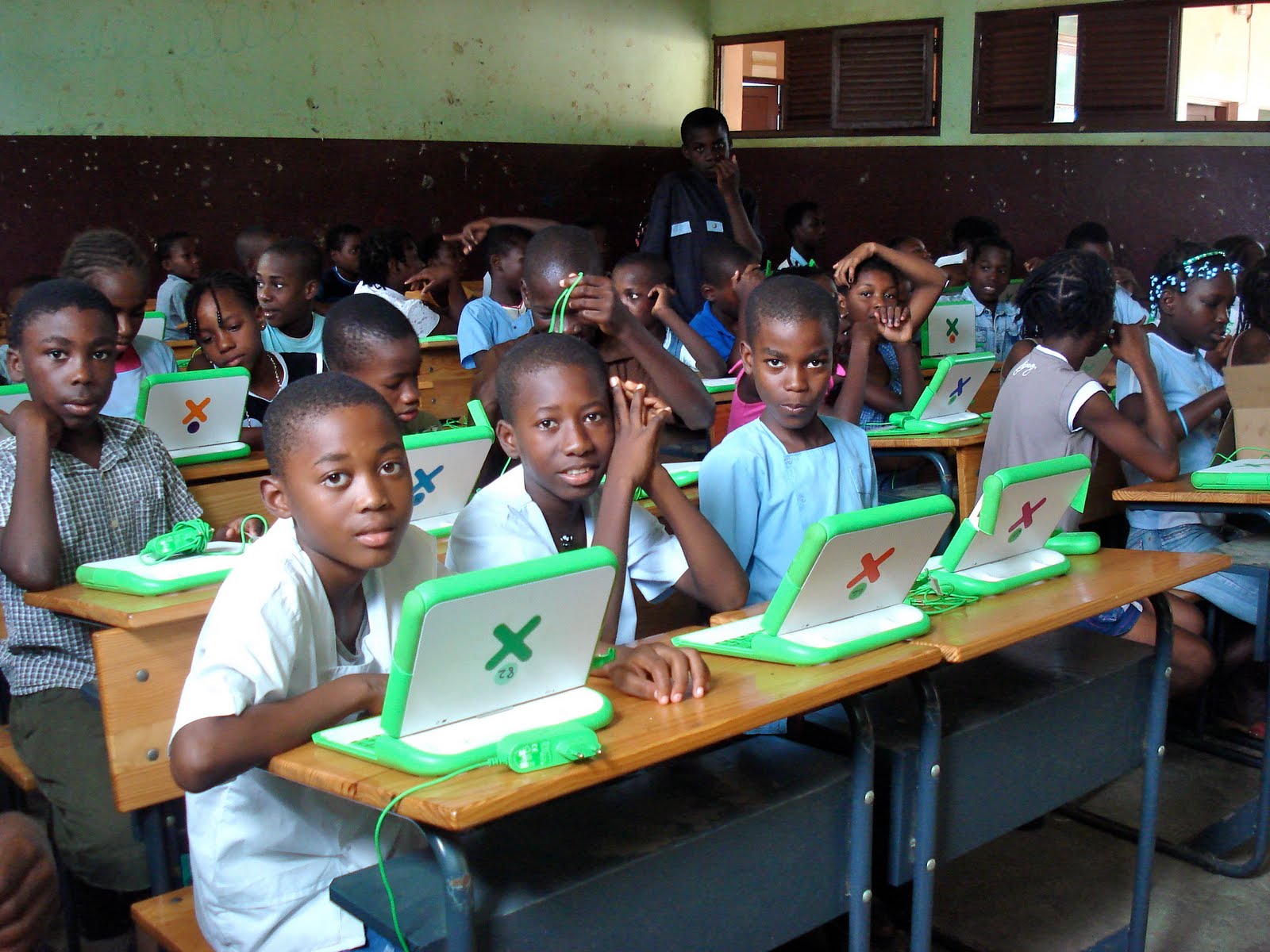Go out on any given day and a common sight that will meet you is people staring at screens they hold in their hands. If you look over their shoulders to see what exactly they are doing, most likely you will find them playing games or interacting with others via social media. This is all well and good—within reason of course—since entertainment plays a role in our daily life. However, many are trying to make tablets a device that has a more educational impact. Many schools worldwide have started introducing the use of tablets within their classrooms.
Tablet sales are witnessing a boom in the educational sector, and that is because educators believe that the use of such technology is the way forward. Many see it as providing a more well tailored educational experience for students, and it is also viewed as a more engaging way to learn in school.
In the UK, one of the people behind the changes taking place is Sir Anthony Seldon, Master of Wellington College in Berkshire. He has championed the introduction of tablets believing that “[d]igitalisation allows learning to be personalised and far more vivid, active and challenging for young people”. iPads have been deployed to about 500 schools in the UK, and are replacing textbooks.
Of course not all countries can afford to provide iPads for their students since they are at the high end of the tablets market. This is why an innovative solution has sprung from India, which boasts the making of the cheapest tablet in the world. The Aakash is India's solution to provide learning capabilities to those who have no resources. The main idea behind the tablet being cheap, is that it would allow those who have no computers or access to a computing device to finally be able to connect to the internet and benefit from the portals of knowledge that would be open to them.
Another initiative is taking place in Indonesia, where the government plans to distribute tablets to students who live in remote areas, and therefore allowing them to have resources that would have otherwise been difficult due to the areas they live in. The organization of OLPC (One Laptop Per Child), which distributes laptops specifically targeted at those living in lesser developed areas, performed a promising experiment.
In two villages in Ethiopia they provided tablets for children without any instructions. The children were able to turn on the devices and use the apps on them, within weeks, those children who did not know how to read, were soon singing the alphabet thanks to the apps on those tablets. The experiment was set to see if children can learn how to read without the presence of a teacher, and even though the verdict is still out, the early results are promising.

References
qz.com
technologyreview.com
telegraph.co.uk
techinasia.com